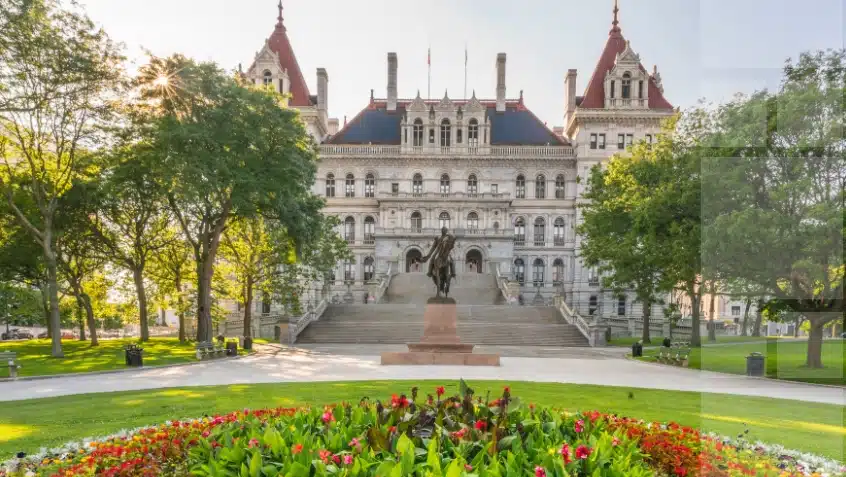
Medicare Rights Center and Partners Ask CMS to Ease Transition Issues Ahead of End of Public Health Emergency
During the COVID-19 Public Health Emergency (PHE), the Centers for Medicare & Medicaid Services (CMS) created several exceptions to how
Join Us Live for a Discussion on Medicare, Democracy, and the Future of Health Care
Medicare Watch articles are featured in Medicare Rights’ weekly newsletter, which helps readers stay updated on Medicare policy and advocacy developments and learn about changes in Medicare benefits and rules. Subscribe now by visiting www.medicarerights.org/newsletters.

During the COVID-19 Public Health Emergency (PHE), the Centers for Medicare & Medicaid Services (CMS) created several exceptions to how

Medicare Rights recently joined over 70 organizations to launch the campaign “Push For Lower Rx Prices.” The groups are calling

Medicare drug prices keep rising faster than inflation, and 8 in 10 adults say the cost of prescription drugs is

The Kaiser Family Foundation (KFF) developed a useful interactive display that shows the current state of Medicare spending nationally and

This week, the Centers for Medicare and Medicaid Services released a much-anticipated proposed rule implementing important changes implemented by the

Today, the Department of Health and Human Services Office of Inspector General (OIG) released a report showing that Medicare Advantage

Medicare provides vital health coverage, but the program’s high premiums, deductibles, and other cost-sharing requirements can put care out of

This week, the Centers for Medicare & Medicaid Services (CMS) outlined an action plan to drive health equity. CMS’s vision

Last week, New York Governor Kathy Hochul and the State Legislature passed a budget that will improve health coverage and

A recently released report from the Urban Institute shows that a firm limit on out-of-pocket (OOP) Part D costs, like

During the COVID-19 Public Health Emergency (PHE), the Centers for Medicare & Medicaid Services (CMS) created several exceptions to how

Medicare Rights recently joined over 70 organizations to launch the campaign “Push For Lower Rx Prices.” The groups are calling

Medicare drug prices keep rising faster than inflation, and 8 in 10 adults say the cost of prescription drugs is

The Kaiser Family Foundation (KFF) developed a useful interactive display that shows the current state of Medicare spending nationally and

This week, the Centers for Medicare and Medicaid Services released a much-anticipated proposed rule implementing important changes implemented by the

Today, the Department of Health and Human Services Office of Inspector General (OIG) released a report showing that Medicare Advantage

Medicare provides vital health coverage, but the program’s high premiums, deductibles, and other cost-sharing requirements can put care out of

This week, the Centers for Medicare & Medicaid Services (CMS) outlined an action plan to drive health equity. CMS’s vision

Last week, New York Governor Kathy Hochul and the State Legislature passed a budget that will improve health coverage and

A recently released report from the Urban Institute shows that a firm limit on out-of-pocket (OOP) Part D costs, like